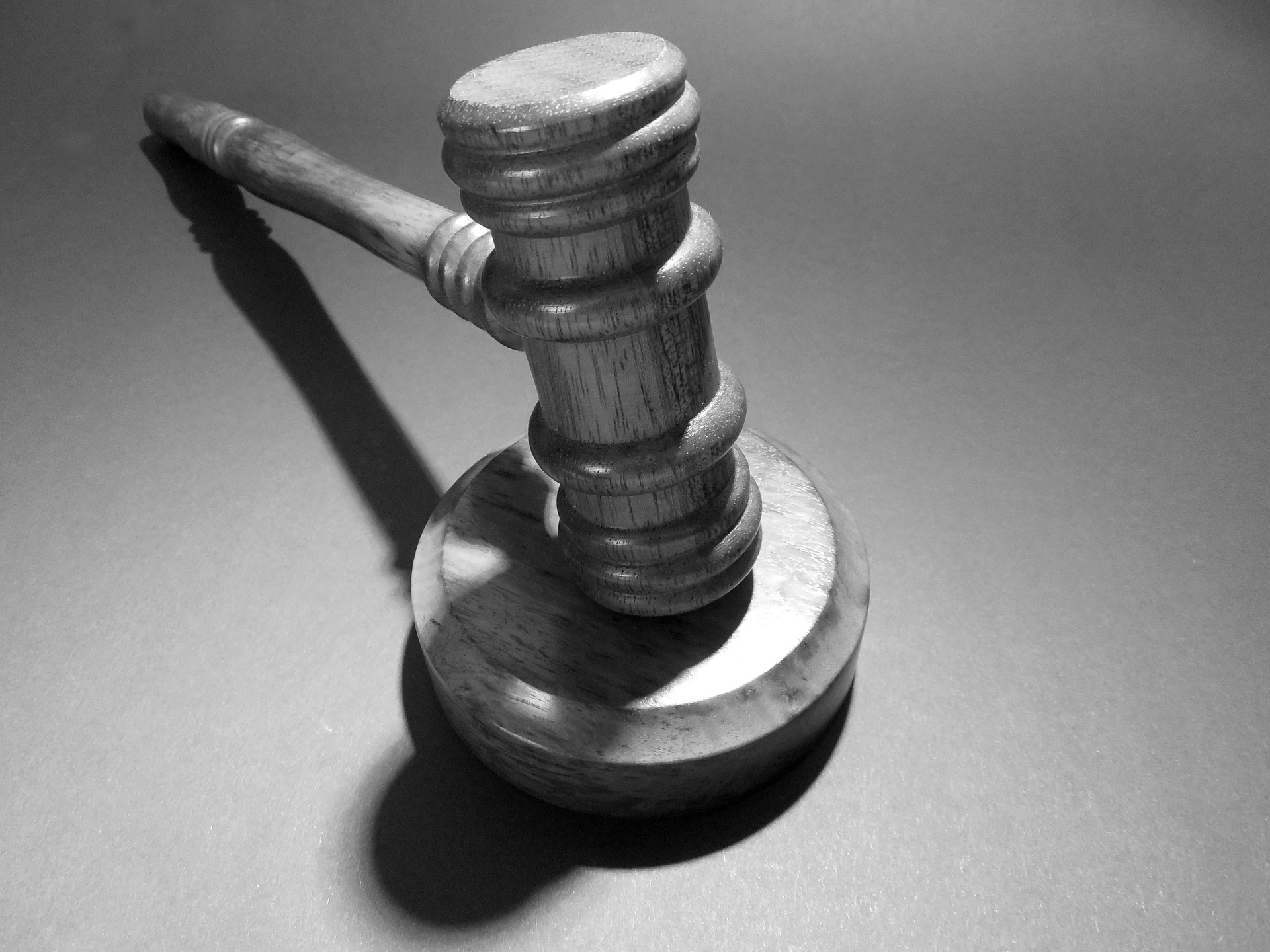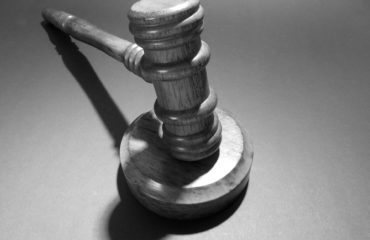The taxpayer purchased a number of intangible services (advertising / market research / advisory services), which he classified as tax-deductible costs in CIT.
Tax authorities ruled on their exclusion from tax-deductible costs due to the lack of documentation confirming their performance.
The decision was appealed against to the District Administrative Court in Gliwice. The taxpayer argued that it did not have documentation regarding the services provided due to its destruction. In the complaint, the taxpayer also alleged a breach of the provisions of the procedure, consisting in the failure to take evidence from the hearing of witnesses by contractors (to establish the circumstances of cooperation with contractors).
The District Administrative Court dismissed the complaint. The court stated, in particular, that all the evidence available showed that the services had actually not been performed. In particular, the interviewed taxpayer staff was unable to provide any further information on the alleged business cooperation. As for the application for the hearing of witnesses, it was indicated that the taxpayer did not provide the address details of potential witnesses, which makes it impossible to unequivocally identify these persons.
The case was brought to the Supreme Administrative Court, which upheld the ruling of the District Administrative Court.
The SAC agreed that, in this background, there was no evidence that the disputed expenses related to real economic events.
The Supreme Administrative Court also pointed out that the contract between the entities required contractors to submit evidence of the performance of services. The taxpayer did not have such and covered himself with the fact of destroying them. According to the Court, this is a circumstance acting to the detriment of the taxpayer.
The Supreme Administrative Court also stated that the tax authorities could not be accused of failing to carry out “cross” procedures with the taxpayer’s contractors, as contact attempts were met with a limited or no response.
Also, the Supreme Administrative Court clearly emphasized that it was the taxpayer’s responsibility to provide the address details of the witnesses. Since they were not provided, the omission of this evidence is not a violation of the procedure.
Judgment of the Supreme Administrative Court of December 17, 2021, file ref. II FSK 833/19.



